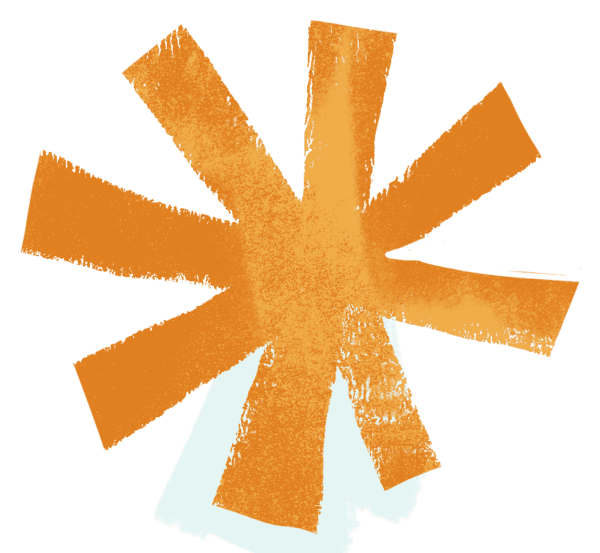Global 
Practice Makes Learning (Part I)
Identifying and Cultivating an Organizational Learning Practice

Global 
Identifying and Cultivating an Organizational Learning Practice

Written in collaboration with Abdelrahman Hassan, Mia Bernardino and Nathalie Zogbi, learning facilitators for each focus region. Part II in this series will explore the tools and strategies they found helpful for cultivating a learning practice in the local areas where we work.
Last year, we shared our refreshed strategies rooted in our local systems and in the stories of people and communities closest to the opportunities and challenges. We also reinforced our collective commitment to JEDI and to systems practice in service of equity work.
As we have evolved our work to be more aware of systems and their complexities, we have worked to incorporate a more deliberate approach to learning that can continuously inform what we do – not just at the end of a project or initiative, but on an ongoing basis. As a team, we have worked to develop our skills for deep listening and inclusive facilitation, and are learning to train our attention on the patterns and dynamics of the systems we are part of and contributing to.
Learning is a practice, and one that we will continue to strengthen over time. Rather than aim for perfection, we believe practice makes learning! Here is how we have built a learning practice into the way we approach our work and what we’re learning so far.
Our purpose for learning is about cultivating feedback loops that enable us to show up differently with ourselves and our partners, make informed and responsive decisions regarding our grant and investing activity, and increase our impact.
To help us to do this well, we developed three shared principles to guide our learning practice:
We know that we aren’t likely to have all of the answers today (and we intentionally build elasticity into our strategies for this reason) but by putting ourselves into the messiness of change and committing to staying curious about the puzzles and patterns that emerge, die out or sustain, we can develop a more nuanced understanding of the problem, enabling us to act with more conviction over time.
We share these insights from our practice, not to indicate that we have all of the answers, but to continue a dialogue – one that is inclusive of, respectful of, and useful to partners – and share what we hope to continue learning.
To help us put our learning principles into action, we experimented with multiple models for learning with coaches, partners and ourselves, asking tough questions about our current culture for learning and experimenting with new approaches. Our wide-ranging exploration over a nine month period led us to an approach that is grounded in our strengths, capacity, and desire for learning. Enter our learning facilitators.
The learning facilitator role is a hat that four of our existing team members are now wearing as of their broader, role-specific responsibilities. This way, learning is integrated into each of our teams, with facilitators dedicating approximately 10% of their official time to holding space for learning and supporting the practice of learning in their teams and, increasingly, with our partners. In addition to knowledge and process management, learning facilitation, and learning-to-action support within their teams, they also participate in the Learning Core Team, where they learn with and from each other, build new skills, explore new frameworks, and identify when and how to engage in learning across the organization.
We share these insights from our practice, not to indicate that we have all of the answers, but to continue a dialogue – one that is inclusive of, respectful of, and useful to both internal and external partners – and share what we hope to continue learning. We invite you to be on this journey with us – to hold us accountable to our principles, to share your insights and together, to cultivate a system that enables all learners.